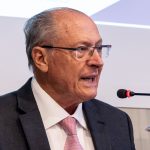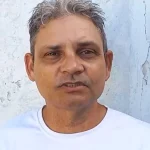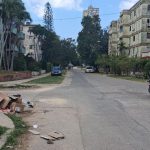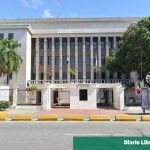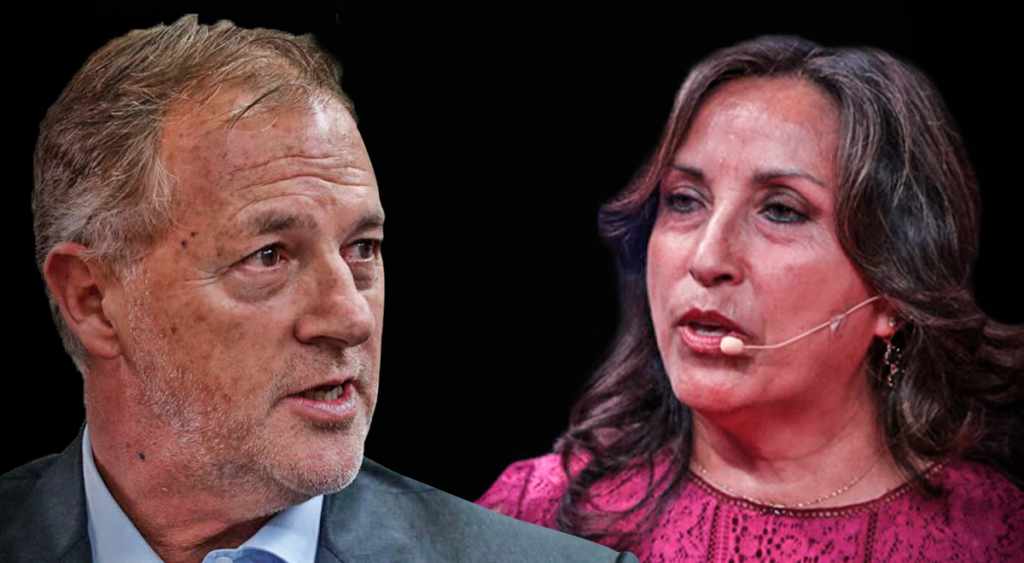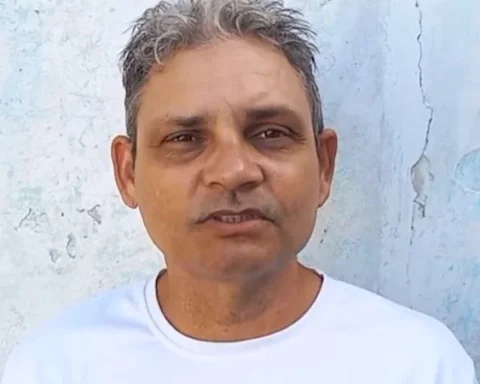Within the framework of the study of the First Agreement for the Design of the Educational Transformation Strategy 2030, non-governmental organizations that collaborate with the Ministry of Education proposed the installation of the pedagogical model known as “learning communities”.
The proposal does not match the national reality, as it seeks to displace the fundamental role that families play in the learning process and violates current educational laws, warned Martín Núñez de Silvera, a member of the Departmental Council of Education of Alto Paraná.
“In this document, they (NGOs) propose to transform educational institutions into learning communities. The expression is transverse in the writing, thus affecting all the policies presented within the proposal,” Cardinal Martín Núñez de Silvera, a member of the Alto Paraná Departmental Council of Education, detailed in an interview for Radio Cardinal Martín Núñez de Silvera.
Thus, during a meeting to analyze the project, these organizations argued that the approach responds to a participatory survey, although Núñez de Silveira warned that said consensus did not actually exist.
IMPLICATIONS AND QUESTIONS
The member of the Departmental Council of Education of Alto Paraná pointed out that “learning communities are a model of education that is used in Spain.” Based on this structure, the aim is to “open the doors” of educational institutions to any organization, whether they are neighborhood commissions or civil associations.
“With this proposal, the original participation of the family is displaced, which now has the same level as any organization in this learning process,” he said.
Along the same lines, Núñez de Silvera added that “according to the National Constitution, the family is the main institution for the education of children and adolescents, but it has been ignored in this entire proposal.”
In addition, the approach proposes that the teacher becomes only a guide and is at the same level as the students.
To install this educational model, current educational laws would necessarily have to be modified, since it collides with the current educational structure, according to the member of the Departmental Council of Education of Alto Paraná.
“The proposal implies modifying or repealing the current laws that provide a shield to our education. For example, Law No. 1264, which is spectacular. Although, with the absence of the State, the legislation seems to be useless », he referred.
Likewise, the approach of non-governmental organizations also represents a “contempt” for the human resources available to Paraguay, warned Núñez de Silvera.
“If we are going to solve the problems, we should be the protagonists, not always the famous NGOs that give us these pre-established formulas or agendas,” he said.
The project is in line with the “2030 Agenda”, on an international scale, which
contains the 17 Sustainable Development Goals. Within the framework of this goal, the proposal for “educational transformation” must be presented at the Central Regional Forum, which will be held this Friday, April 29, in Colonia Independencia, Department of Guairá.
“EMBEDDED IN THE MEC”
The expert recalled that non-governmental organizations, which collaborate with the MEC and operate with this kind of approach, have been “entrenched and embedded within the institution for years and are drafting these kinds of proposals, because they have an agenda to fulfill.”







